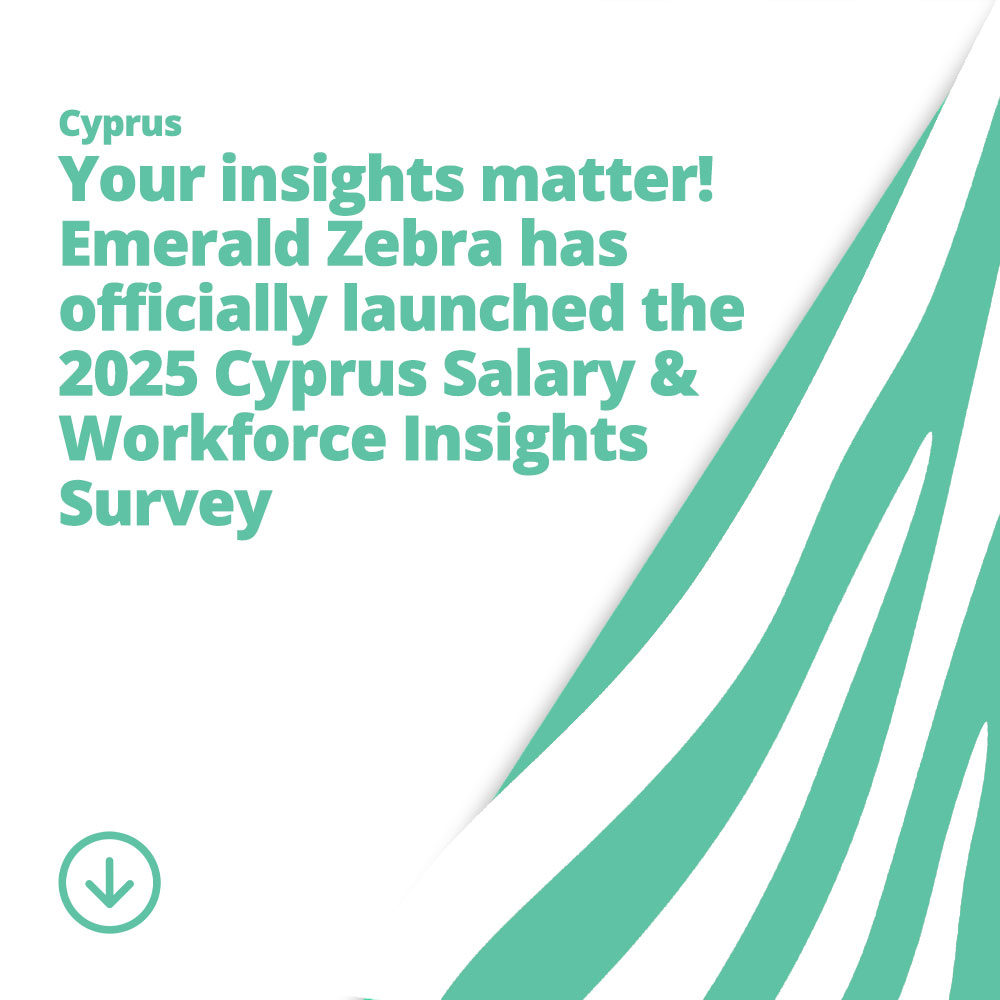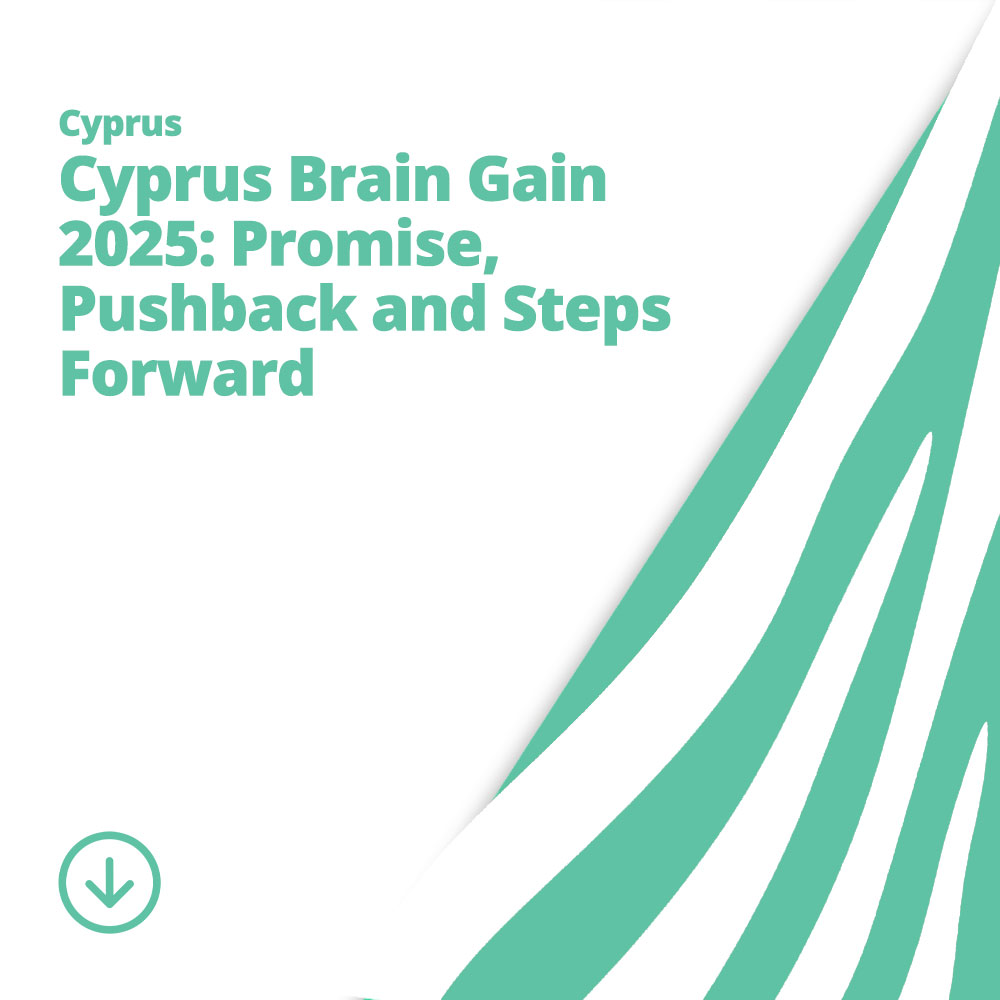Terri Neofitou, Country Director at Emerald Zebra gives her view gained from an extensive background advising clients for hiring top talent in Cyprus and matching candidates for jobs in Cyprus.
Talented individuals may seek a career move for a variety of reasons, including salary, benefits, company culture, and values. Ultimately, the decision to switch jobs will depend on the individual and their own personal preferences and needs. For some, salary and benefits may be the main factors in deciding whether to make a career move, while for others, company culture and values may be more important.
Perhaps for some, it is all 3. However, more specifically we are in an era where experienced candidates are in demand and when considering any career move, candidates are seeking added value to make a move. This sets an entire consideration for employers to build an attractive ‘added value’ package that is tailored to attract, yet in line with the organisation’s compensation and benefits structure.
As human-centric recruiters at EZ, we strive to inform both parties of expectations, including the salary budget for the role from the outset, as well as the package that a candidate is seeking. Our experience has found that when it comes down to the decision for a candidate to entertain an interview, the candidate seeks to understand the salary range and entire benefits package alongside the added value that the job responsibilities, team, company and culture will bring.
A more comprehensive approach considers the overall value of the package, including salary, value of benefits, culture and values, when making an employment offer. This consideration leads to a more successful hire and a more satisfied employee who feels their needs are being met.
Of equal importance in this approach is to assess the value of personal priorities in the candidate’s consideration for a move, such as the value of flexible working or hybrid working; a corporate pension scheme that would lose employer contributions; X days of annual leave accumulated, a medical scheme that covers the employee’s dependents, a well-being scheme at their current employer and so on. The value of all of these should be accounted for when constructing an employment offer.
Furthermore, the opportunities available for an employee to move up in their career or gain additional skills and experience may be their main value priority. Whatever the reason for a career move, it is important for companies to be aware of the needs of their potential employees and to ensure that they are competitive in offering the best package possible, as well as communicating the company’s values, culture and so on, to ensure that the new hire is a fit. Of high value in today’s employment market is development and career coaching opportunities to help the employee grow and reach their professional goals, plus flexible working arrangements to accommodate the employee’s needs and lifestyle.
Communicating the entirety of the current and prospective package is essential to save both parties time in the hiring process i.e. which current benefit is non-negotiable for the candidate and which will they compromise on and why? What exactly are the opportunities for professional growth and recognition? Are you communicating a clear and transparent competitive compensation and benefits package? Are the duties and responsibilities presented as meaningful tasks with outcomes and resulting job satisfaction?
On the flip side, for the candidate, it is important to assess the company’s culture, values, and benefits and think of it as a long-term investment. It is also important to look at the company’s track record and future prospects i.e. what is the organisations short term plan? What are the challenges? How will they address the challenges and how does the position to be filled contribute to the overall organisation plan, for example, to ensure it is a good fit for the candidate and meets the candidate’s career goals. Finally, salary, benefits, and perks should be considered, but not at the expense of company culture and values. Ultimately, the individual should take the time to weigh the pros and cons of the career move and make an informed decision.
So let’s make communication and transparency a priority in the recruitment process and allow each party to know and obtain their worth!
Contact Terri Neofitou: terri.neofitou@emeraldzebra.cy.




